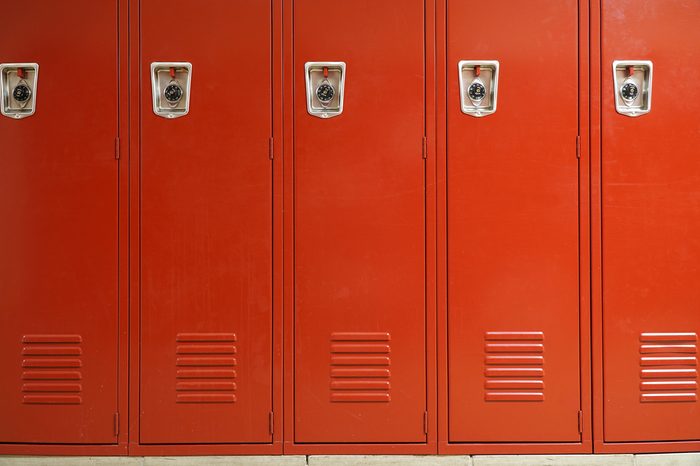
“My special needs son was left alone for hours every day”
Getting an Individualized Education Plan (IEP)—the document needed to get special services for children—is hard enough, but there’s nothing more frustrating for a parent than when the IEP is ignored or not followed completely. The thing to remember here is that your student’s accommodations under an IEP are mandated by law, says Denise Merchant, MS, a former principal, school district administrator, and director of pupil personnel services in New York. Start by bringing up your concerns with your child’s teacher and case manager, but if you don’t see results quickly, do not hesitate to bring it up to the principal, she says.
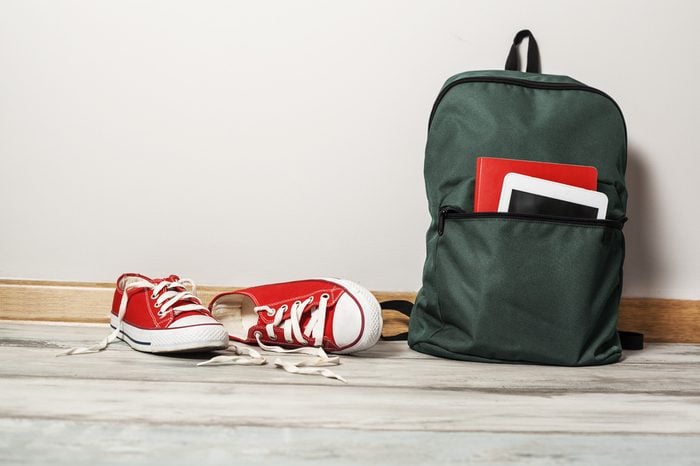
“My daughter was being bullied by her classmates, and the teacher knew but didn’t stop it”
Bullying can be devastating for children, leading to mental health problems, failing grades, and even suicide. Thanks to recent awareness campaigns, not only do school districts take it very seriously but so does the law, as shown by the Dignity for All Students Act (DASA), Merchant says. If your child’s teacher isn’t responsive to your concerns, then the school principal should be contacted immediately, she adds.
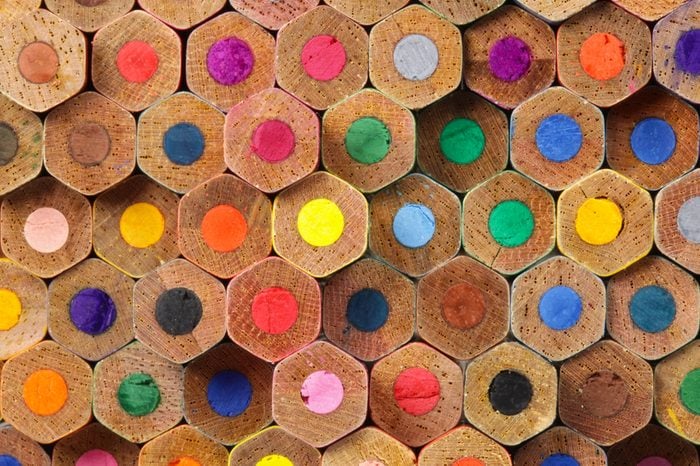
“My daughter was on the news for winning a community service award”
You hear “call the principal” and immediately think something bad is happening, but you can and should call your kid’s principal when they do something exceptionally good outside of school too, Merchant says. “If a student is being recognized for something positive, you should, of course, contact the school’s principal so that they can ensure the child receives recognition from the district,” she says. Check out these 19 back-to-school secrets only parents of “A” students know.
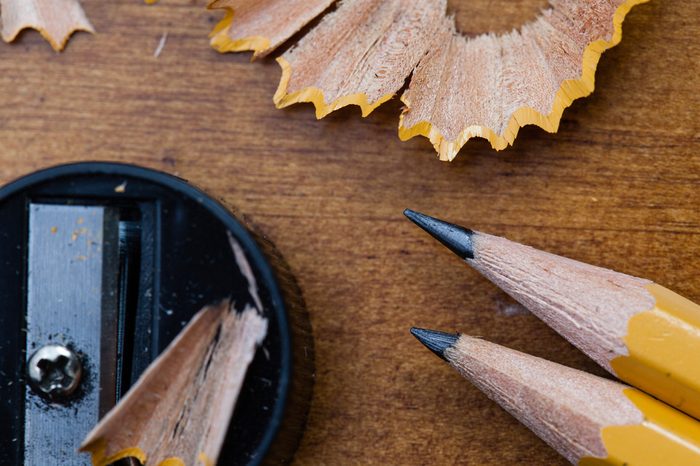
“My husband and I were going through a nasty divorce, and my son couldn’t function at school”
“Parents may not realize that problems at home can seep into the school day,” says Earl Martin Phalen, founder and CEO of Phalen Leadership Academies. “If a student is having problems at home—like a death in the family, a divorce, or even family financial struggles—it may be a good idea to call the principal.” Remember, even positive changes, like a new baby or a new job, can be a challenge for a young child. Once the school is aware of what’s going on at home, they can stay alert for changes in mood or behavior. The principal may also have additional resources to better help and support your child during this time, he adds. Some of the problems might be coming from the school though.
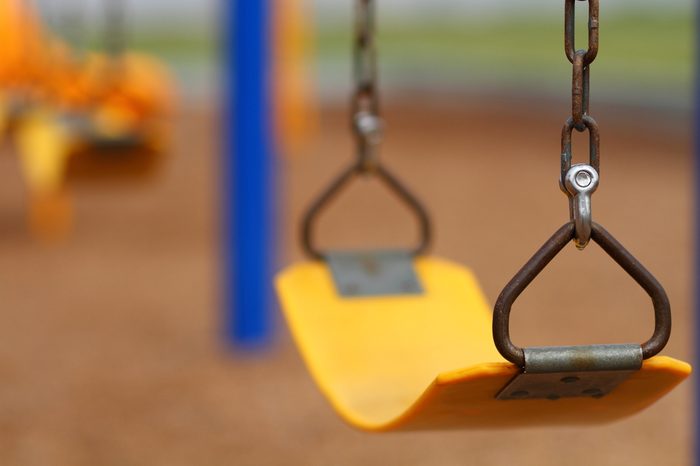
“My son wanted to come out as gay, and we were worried how our mostly conservative school would handle it”
If your child is struggling with an issue like their sexuality, gender, or other social identity, get the principal involved from the beginning, especially if you’re worried about bullying, Phalen says. Opening up communication between your child, their teacher, and the principal allows the school to create a plan to help and protect your kid as they navigate these changes, he says.
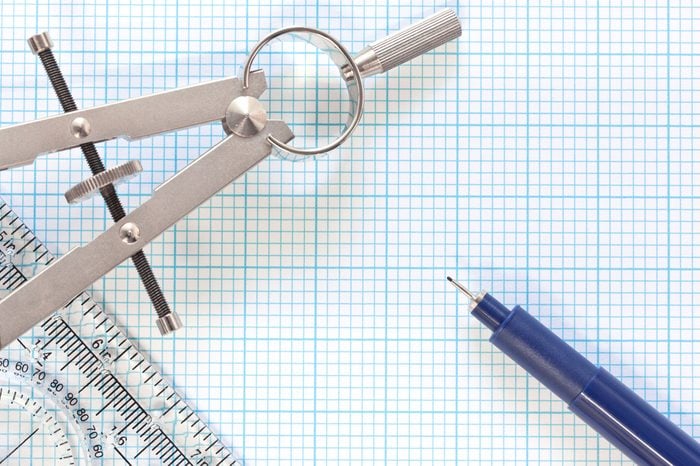
“My daughter was failing math, and her teacher said there was nothing else he could do to help her”
“If a child struggles academically, principals may be able to step in and put the student and teacher on a greater plan for success,” Phalen says. In the case of bad grades, you should always consult the teacher first, but there are some issues—say, a learning disability—that need specialized attention and your school principal can connect you with those resources, he explains.
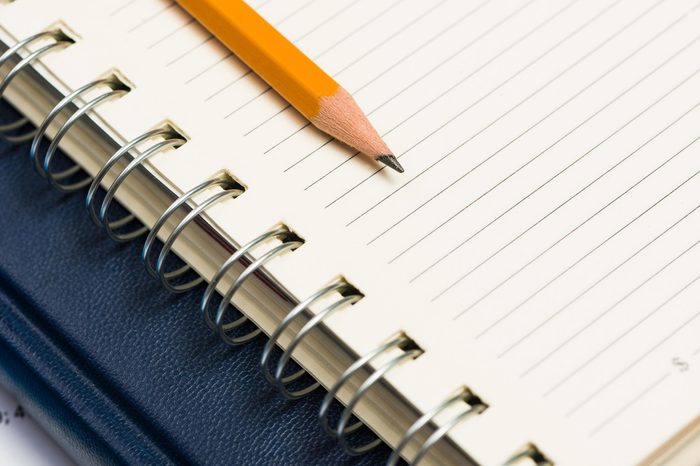
“My twins’ teacher never, ever answers her emails or checks her voicemail”
Teachers have a lot on their plate, so it’s understandable that they can’t stop in the middle of the day for a chat or reply to your email within the hour. However, they should definitely respond to your messages in a timely manner, usually within 24 hours, says Will Yeiser, MS, a former principal and executive director of the French Broad River Academy. “Even if the response is simply ‘I am tied up until 4 p.m. this afternoon, but I could call you then,’ you should hear something,” he says. “As a principal, I always wanted to know right away if a teacher did not respond to an email or a phone call in a reasonable amount of time.”

“Reading finally ‘clicked’ for my fourth grader, and he finished his first chapter book”
“It is incredibly important, not to mention enjoyable, for a principal to hear stories of learning breakthroughs,” Yeiser says. Not only does this build trust between your child and the school and helps them feel proud of their accomplishments, but it also helps the principal to recognize exceptional work that a teacher is doing and creates a positive communication loop, he says. Don’t miss these powerful reasons teachers love their jobs.
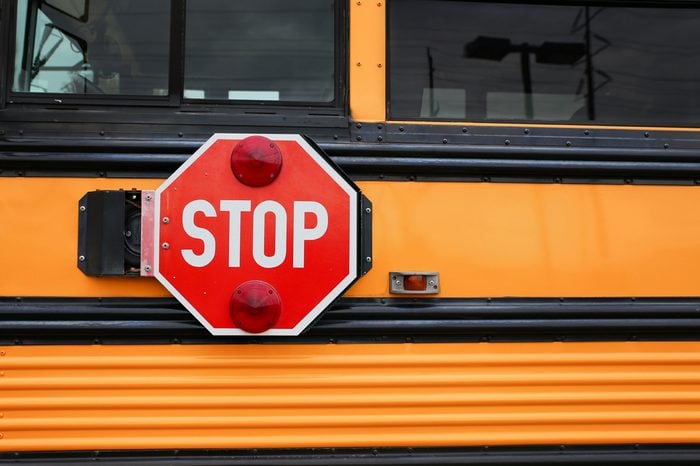
“My daughter was almost run over by a school bus in the drop-off zone”
Any concerns about school safety should go directly to the principal, Yeiser says. Everything from the morning drop off protocol to a rumor about a student bringing a gun to school or drugs on campus to ice on the sidewalks is fair game. “This provides an opportunity for the principal to either explain what is being done (or will be done) to address the concern, or to provide more context and detailed information about the situation,” he explains. “Either way, you are helping the school by improving safety while also making the principal aware of the parent perspective on day-to-day operations.”
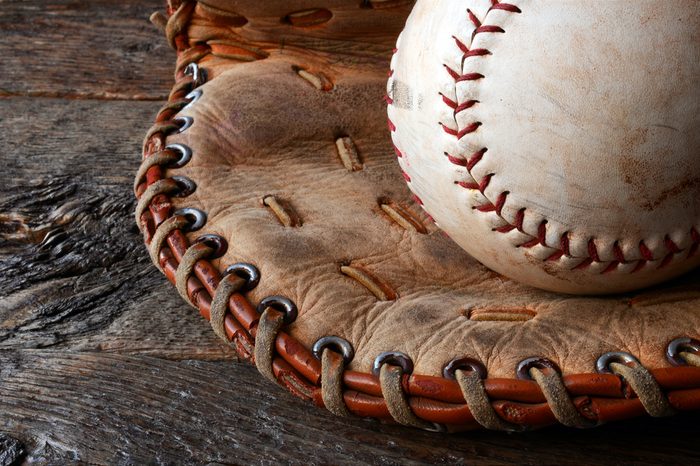
“My daughter’s softball team wasn’t getting the same treatment as the boy’s baseball team at our high school”
Parents should always contact the school principal or administrators if they feel that their child is being treated unlawfully, says Colette Coleman, former educator and founder of Coleman Strategy. One common example is when schools fail to follow Title IX, the civil rights law aimed at eliminating gender discrimination in education. “Alert your principal to any violations of the law, including Title IX,” she says. “If the teacher isn’t willing to work with you, don’t be afraid to go above him or her for a resolution.” Don’t miss these 33 other things your kid’s principal is secretly thinking.
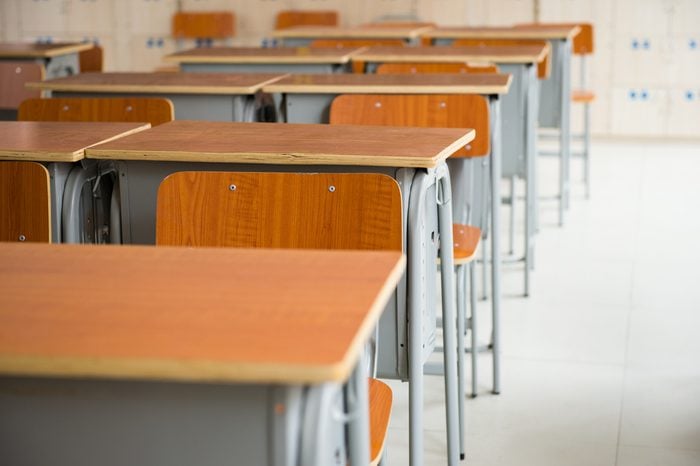
“My daughter’s high school teacher was sexting her”
There are bad seeds in every profession, and unfortunately that includes the people we trust to take care of our children, Coleman says. Sometimes it’s just a matter of a teacher being lazy or simply bad at their job, but there are cases where teachers bully, sexually harass, or even assault students. It’s important to contact the principal immediately if you see or hear any hint of bad behavior, she says. Note that your child may not tell you right away, so be on the alert for a change in behavior, a sudden resistance to going to school, or situational depression, she adds.

“My son’s AP teacher helped him get into the college of his dreams”
On the flip side, there are some amazing, dedicated educators out there, and it’s important to recognize their hard work. “Parents should contact school principals to let them know when a teacher is doing a great job. More than textbooks, a new curriculum, or an innovative edtech tool, the quality of a teacher is what has the most impact on a student’s success in a given year,” Coleman says. “Unfortunately, teachers are often unsung heroes, so help them get the recognition they deserve and remind them of why they’re in the profession.” Here are 33 more things your child’s teacher wishes you knew.
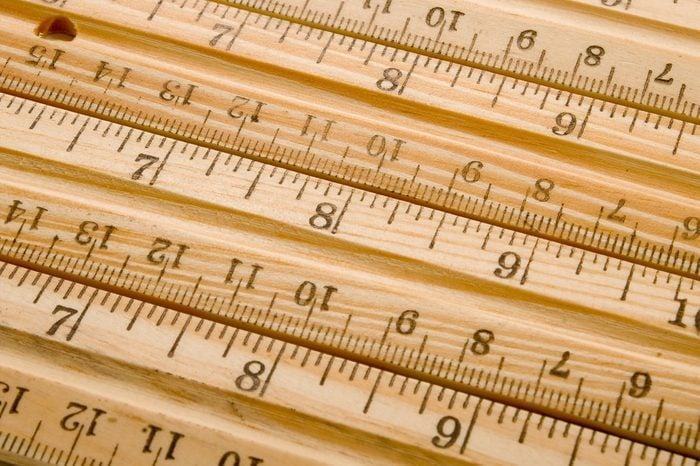
“The dress code at my daughter’s school was discriminatory, unfair, and, frankly, ridiculous”
Any policy that is school-wide but not specific to your child’s classroom—like dress codes, teacher assignments, student government, curriculum, etc.—that you see as problematic should be addressed directly with the principal, as they are the ones in the best position to deal with the issue, says Richard Horowitz, PhD, a parenting coach and former school principal.
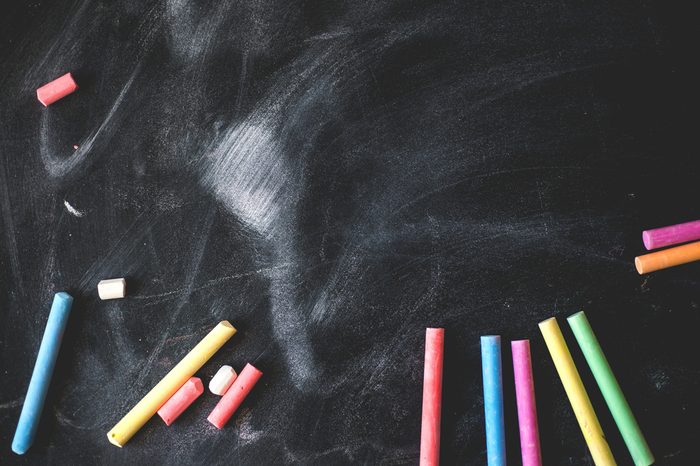
“My kindergartner started having weird tics at home, like wringing his hands and constantly clearing his throat”
“Children often engage in unusual behaviors as a coping mechanism when they encounter a new situation including school,” says Hilary Scharton, vice president at Canvas by Instructure classroom software. If you are seeing major behavior changes at home, including acting out or breaking rules, it may be a sign they are stressed out and having difficulty adjusting to their school or classroom. Speak to your child’s teacher and principal to make a plan. The principal can also call in the school counselor or other resources.
